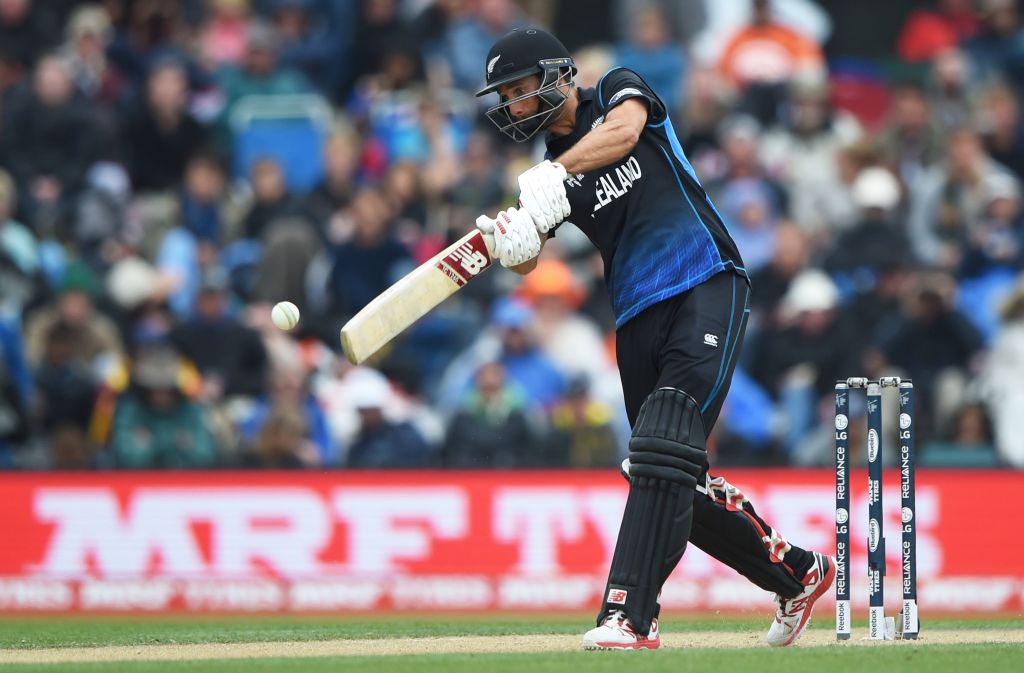How cruel of the cricketing gods that it would be a native of South Africa who would crush South Africa’s hopes of a first ever World Cup final.
Grant Elliott, a 36 year-old veteran, was born in Johannesburg, schooled at St Stithians and spent 22 years in South Africa. He even played one match for South Africa ‘A’ after making his first class debut in the 1996/97 season.
Elliott’s heroics, when he smashed Dale Steyn’s penultimate delivery for six, was his Cinderella moment. The veteran, who admitted to bunking school in 1992 to watch South Africa’s World Cup tournament debut, always dreamed of playing in a World Cup.
Elliott is a man who emigrated to New Zealand in 2001 to become a New Zealander and hopefully play international cricket for his adopted country.
He didn’t leave South Africa with fanfare and it was not a decision motivated only by cricket. He left to seek a new life in another country.
It took him seven years of playing provincial cricket in New Zealand to make the national side and he was never a certainty to play in this World Cup after irregular appearances in the last 18 months.
His calmness, composure and experience of being a professional cricketer since 1997 won him selection.
And in Auckland, at the All Blacks rugby cathedral that is Eden Park, Elliott rewarded his adopted country with the most famous six in the country’s ODI cricketing history, as New Zealand qualified for a first ever World Cup final.
Elliott was humble in reflecting on his grandest moment in cricket. He felt grateful to have given back something to a country, whose people had treated him as a local from the moment he arrived in New Zealand.
And he felt for his former countrymen, given his first exposure to cricket was in South Africa and his first dream was to be a South African international cricketer.
He knew what cricket meant to South Africans but he also said that when he left South Africa for New Zealand it was to emigrate and become a New Zealander.
Elliot’s is not a story of a disgruntled South African cricketer who sought opportunity elsewhere and felt bitterness towards South Africa.
If anything, he has only ever felt gratitude because of the schooling environment at St Stithians in Johannesburg and the opportunity to play cricket and pursue a first class career.
Elliott, in his post match interview, was not a man conflicted. He was a man who had called New Zealand home for the last 14 years.
But it must have added to the pain of every listening South African hearing him talk. His accent is more South African than Kiwi and on balance (22 years plays 14) he is still mathematically more South African than Kiwi.
It was bad enough seeing the South African World Cup dream crushed yet again, but did it have to be by a former South African, who is humble and so likeable?
Oh, how cruel sport of the cricketing gods. Could they not have at least allowed for that winning boundary to come from the bat of a player, who in 1992 dreamed of playing a World Cup for New Zealand, instead of a young South African boy who when he dreamed of that winning boundary, could never have thought it would be at the expense of South Africa.







